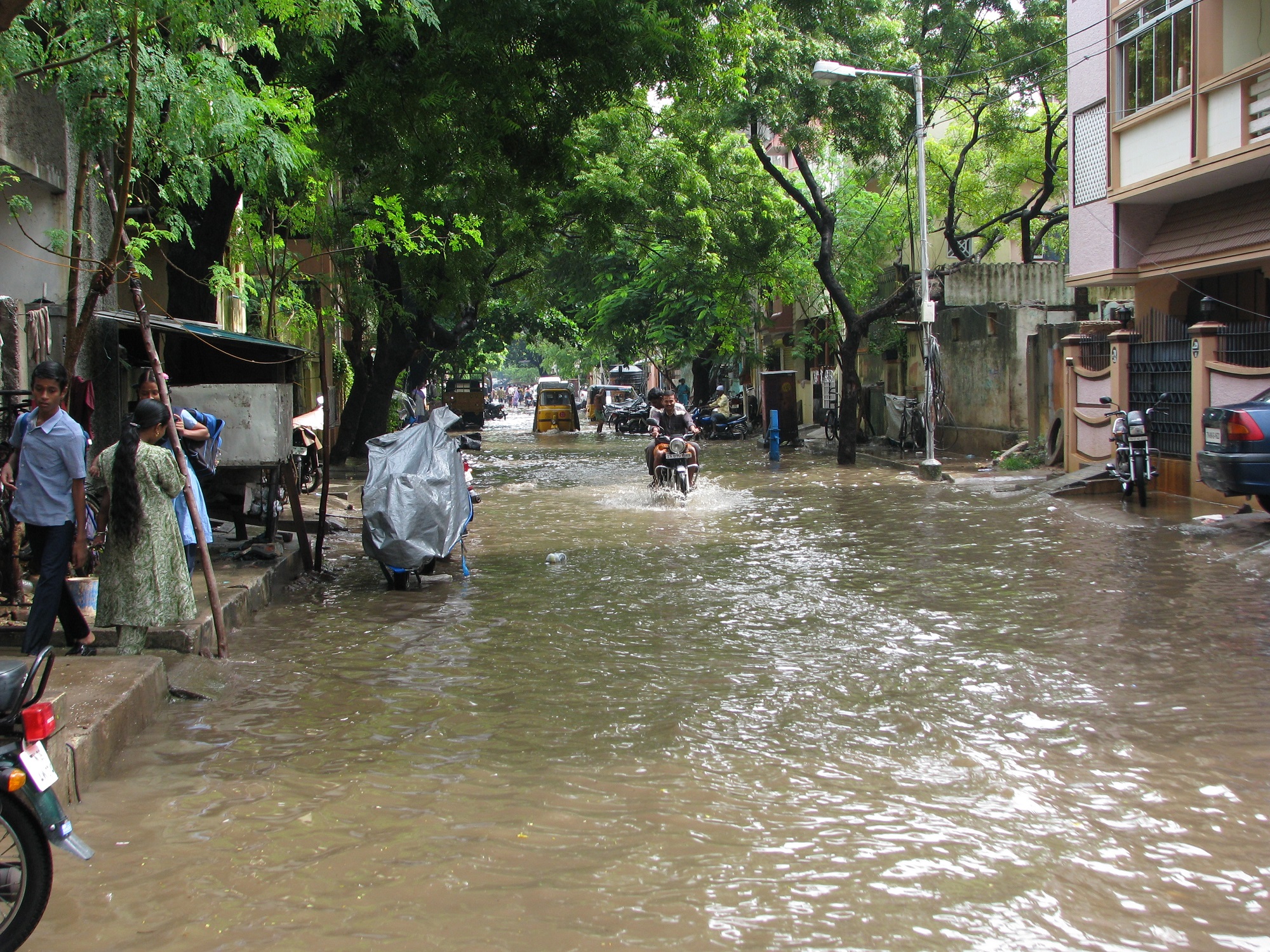Similar to Uttarakhand and Bihar, Kerala is facing a crisis flood situation. It is time to find a permanent solution.
Citizens of Kerala have been mesmerised by the opening of all five sluice gates of the Cheruthoni Dam and the sight of the Idukki Reservoir draining out. This was the first time that all five gates of the reservoir have been opened since the dam was commissioned back in 1976. But the water level in the reservoir, which has come down now, was at unprecedented dangerous levels as rains in Kerala had not abated over the past week and thousands of gallons of water from the catchment area were still flowing into the reservoir. The resultant swelling of the Periyar river downstream is also having a massive impact on lives and on rituals, with authorities warning people against conducting the Vavu Bali ritual. Cochin Airport, the States major international gateway, has already been shut once and while operations have restarted, warnings remain in place. For a State that markets itself as ‘God’s Own Country’ in tourist campaigns, tourism has also been badly impacted with tourists having to be rescued from a resort.
However, the authorities at the State and Central levels, along with the Defence forces, have to be commended for their exemplary work in conducting rescue and rehabilitation efforts for the residents. But this is just the beginning. Several important rural roads and bridges, which are the lifeline of several communities, have been washed away. Several major roads and bridges will also need to have their structural integrity tested, and post-flood damage has to be avoided. Water and electricity supplies have been disrupted and thousands of families have had to leave their homes and move due to the floods. There will be considerable property damage with homes and vehicles flooded, and this can only be evaluated once the flood waters recede. It will further be imperative to prevent the rapid spread of disease after the flood waters have gone. Indeed, the potential of disease after the floods have gone can kill more people than the actual event itself.
All said and done, it is imperative that India, at both the Central and State levels, comes up with policies to combat the impact of extreme weather phenomena. This has to be discussed by India’s policy makers urgently. Given India’s vast land area and large coastline, India will suffer more than most from the effects of global warming-derived weather pattern changes. Extreme floods in Uttarakhand, Bihar and now Kerala are a warning. While the National Disaster Management Authority has done a stellar job so far, spot reactions are just that. But at the same time, India finds itself in a quandary. If it is to lift hundreds of millions of people out of poverty, it will need to generate thermal power and industrialise, further polluting the environment, and with the Paris Climate Accord in tatters, thanks to US President Donald Trump, the path India must take has to be decided by its own people. And the forecasts are not not good for the time being. In the meantime, we pray for the people of Kerala and hope they can get their lives back to normal as soon as possible, and for now at least, regional water politics in southern India will not be an issue in the near future.
Writer and Courtesy: The Pioneer








 OpinionExpress.In
OpinionExpress.In















Comments (0)